| Supreme Court Chief Justice Jo Hee-de arrives at the Supreme Court in Seocho-gu, Seoul, Tuesday. (Yonhap) |
South Korea’s National Assembly on Tuesday held a hearing into allegations that Supreme Court Chief Justice Jo Hee-de meddled in the June 3 presidential election, though Jo was absent after sending a letter last week declining to attend.
The Assembly’s Legislation and Judiciary Committee convened the session to examine suspicions that Jo influenced a key ruling involving President Lee Jae Myung’s alleged violation of the election law when he was then the presidential candidate of the Democratic Party of Korea.
The committee alleged that Jo held a private meeting with former Prime Minister Han Duck-soo — who had resigned as prime minister and declared his candidacy after the ouster of former President Yoon Suk Yeol — before the presidential election, during which he reportedly said the Supreme Court would “take care of” the Lee case if it reached the court.
The committee explained a Supreme Court decision to overturn a lower court acquittal and send the case back with a guilty interpretation may have swayed the election outcome.
“The chief justice delivered an unreasonable ruling ahead of the presidential election, breaching procedural and legal principles,” the committee said in its session plan. “This is a grave matter that infringed on citizens’ basic rights and damaged constitutional order.”
In his written explanation submitted Friday, Jo rejected the request to attend, saying his appearance would undermine judicial independence and violate laws that protect the confidentiality of deliberations.
“As chief justice, I must uphold the Constitution and the law. Appearing before the Assembly would compromise judicial independence and violate the principles protecting the court’s deliberations. For these reasons, I cannot attend,” he wrote.
The main opposition People Power Party denounced the session.
People Power Party Floor Leader Rep. Song Eon-seog said during a party meeting Tuesday that pressing ahead with the hearing, even after the chief justice and other judges had informed the Assembly they would not attend, would go down “as a dark chapter in Korea’s constitutional history.”
Other senior judges, including Supreme Court Justices Lee Heung-gu, Lee Suk-yeon and Park Young-jae, as well as Court Administration Director Cheon Dae-yeop, also declined to attend.
In a separate press conference the same day, Lee Seok-yeon, chair of the Presidential Committee for National Cohesion, a presidential advisory body on national unity, said Tuesday’s hearing “did not even meet the basic requirements,” pointing to the absence of key witnesses.
The slew of absences drew criticism from the ruling Democratic Party, which argued that the judiciary was showing contempt for parliamentary oversight.
Democratic Party Rep. Jeon Hyun-heui said Jo had “lost the chance to explain himself to the public” and warned that the issue would be raised again during the parliamentary audit scheduled for October.
She added that further measures, including on-site inspections of the Supreme Court, could follow if questions remained unanswered.
The Democratic Party said it would consider all legal options to hold Jo accountable.
Under the law, witnesses who refuse to attend a National Assembly hearing without valid grounds can face up to three years in prison or a fine of up to 30 million won ($21,400).













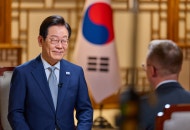
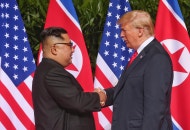

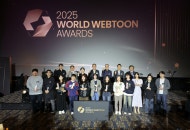
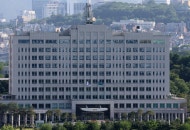

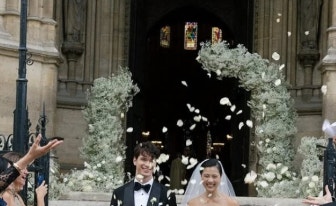







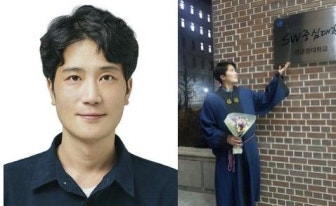

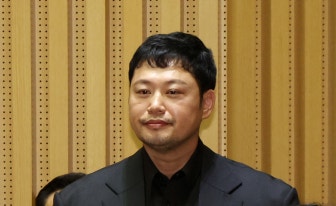

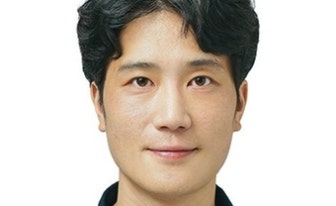




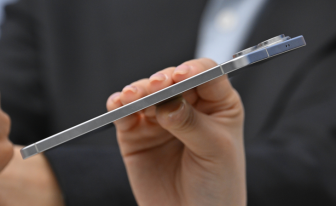
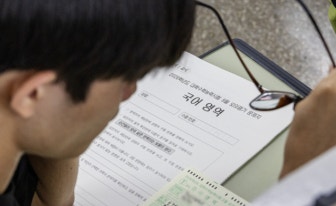










.png?type=nf190_130)


.png?type=nf190_130)





